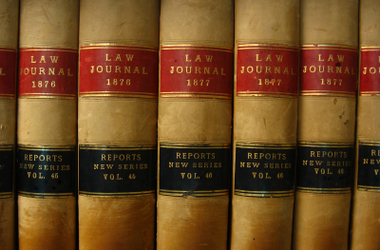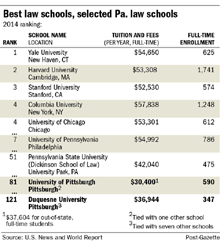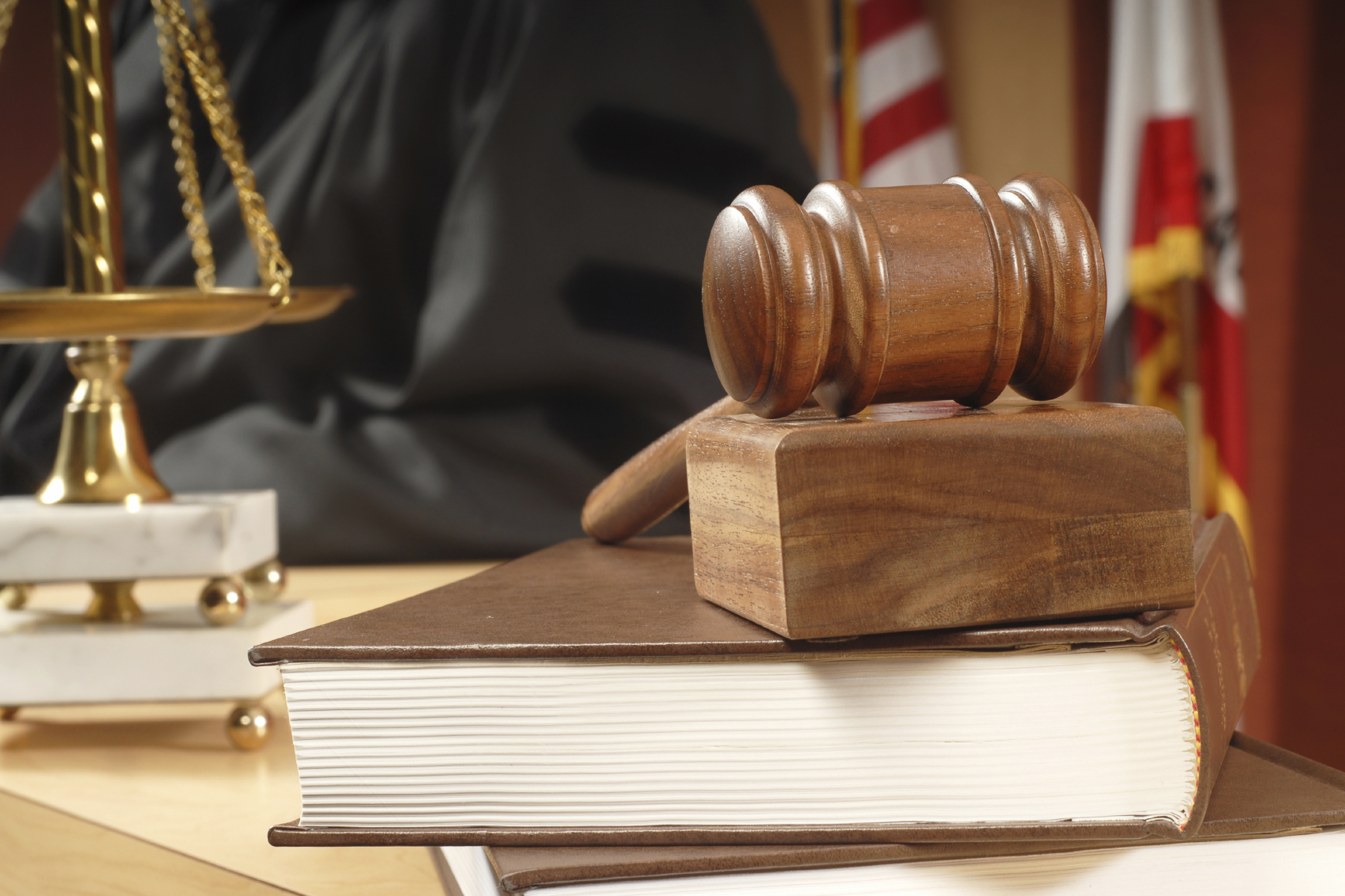If convicted, Dzhokhar Tsarnaev, primary suspect on Boston marathon bombing last year, may face the death penalty. Continue reading here:
***
U.S. prosecutors will seek the death penalty for Dzhokhar Tsarnaev if he’s convicted of the bombing at last year’s
BostonMarathon that killed three people and injured 260, the first deadly terrorist attack in the U.S. since Sept. 11, 2001.
The decision by U.S. Attorney General Eric Holder was announced yesterday by U.S. Attorney Carmen Ortiz in Boston. Ortiz said Tsarnaev’s intentional involvement in the “especially heinous” attack, his lack of remorse and his betrayal of the U.S. justified a death sentence.
“The nature of the conduct at issue and the resultant harm compel this decision,” Holder said in a statement. There have been only three federal executions since the penalty was reinstated by the U.S. Supreme Court in the 1970s, the most prominent of which was Oklahoma City bomber Timothy McVeigh.
Federal cases that can carry a capital sentence are reviewed by the attorney general, who decides whether the government should seek a post-conviction penalty phase where a jury decides whether to impose death. Holder’s decision was reached after hearing arguments from Tsarnaev’s defense team.
Tsarnaev, a 20-year-old former college student, pleaded not guilty in July to 30 counts, including allegations he killed a university police officer in the days after the bomb attack. The office of the federal public defender in Boston declined to comment on the death-penalty decision. The government may set aside capital punishment if a defendant agrees to a plea bargain, often one with a sentence of life without parole.
Death Poll
A Boston Globe poll in September found that a third of city residents backed the death penalty for Tsarnaev, while 57 percent supported a sentence of life in prison without parole.
Boston Mayor Martin Walsh said that while he supported the process used by Holder to make his decision, he remains opposed to capital punishment.
“As state representative, I voted against the death penalty. If I was asked to vote on that today, I would vote the same way,” Walsh said at a press conference at city hall yesterday. “We are a city full of heart and courage, and we stand together as one Boston in the face of evil and hatred.”
A Russian immigrant and ethnic Chechen who is now a U.S. citizen, Tsarnaev was inspired by al-Qaeda and motivated by the U.S. military’s killing of Muslim civilians, the government claimed.
He’s charged with leaving homemade bombs in crowds near the marathon’s finish line on April 15. His older brother, who allegedly helped mastermind the plot, was killed after a shootout with police in an ensuing manhunt.
The explosions killed three people: Krystle Marie Campbell, 29, Lu Lingzi, 23, and Martin Richard, 8.
‘Hardly Surprising’
“It is hardly surprising that the government will be seeking the death penalty,” said Mark Pearlstein, a former prosecutor in Boston who’s now a lawyer at McDermott Will & Emery LLP. “In doing so, the legal proceedings will be greatly complicated and will take much longer to complete.”
Massachusetts doesn’t have a death penalty. Executions under U.S. statute take place by lethal injection at the death chamber at the federal prison complex in
Terre Haute,
Indiana. Tsarnaev is being held in a federal medical facility in Ayer, Massachusetts. He faces a Feb. 28 deadline to decide whether to seek to move the trial out of Boston.
“Eric Holder chose to speak for the nation as a whole, rather than for just Boston or Massachusetts,” said
Daniel Filler, a professor at Drexel University School of Law in Philadelphia. “Massachusetts residents, the jury, will make the final call about imposing death,” said Filler, who created a capital defense clinic while at the
University of Alabama.
Officer Shot
In addition to the bombing deaths, Tsarnaev is charged with killing Sean Collier, a police officer for the
Massachusetts Institute of Technology in Cambridge. Collier’s shooting at point-blank range on the evening of April 18 set off an overnight manhunt that led to Tsarnaev’s capture and the death of his brother, Tamerlan, 26.
Holder’s decision drew an objection from Amnesty International USA.
“Capital punishment contributes to a cycle of violence and it is outrageous that as the world moves away from the death penalty, the U.S. federal government has decided to seek a death sentence,” Steven Hawkins, executive director of the human rights group, said in an e-mail.
Three days after the bombing, the
Federal Bureau of Investigation released pictures of the brothers taken near the scene of the blasts, before authorities had identified them.
Three of Dzhokhar Tsarnaev’s friends recognized him, prosecutors said. They were later charged with conspiring to obstruct a federal probe into the attack by hiding or destroying evidence. All three have pleaded not guilty and face trial in June.
‘Especially Heinous’
Tsarnaev “committed the offense in an especially heinous, cruel and depraved manner,” Ortiz said in a filing yesterday in federal court in Boston.
She listed aggravating factors to back the call for a death sentence, including the planning that went into the attack and the selection of an “iconic event” known to draw large crowds.
Additional factors were the multiple killings, the death of a child, Tsarnaev’s statements encouraging others to commit acts of terrorism and his participation in a shootout with police on April 19, according to the filing.
Tsarnaev received asylum from the U.S. and enjoyed the freedom of being a citizen, Ortiz said. He “betrayed his allegiance to the
United States by killing and maiming people,” she said.
The case is U.S. v. Tsarnaev, 13-cr-10200, U.S. District Court, District of Massachusetts (Boston).
***
More legal news can be found on this Evan Granowitz Twitter page.












